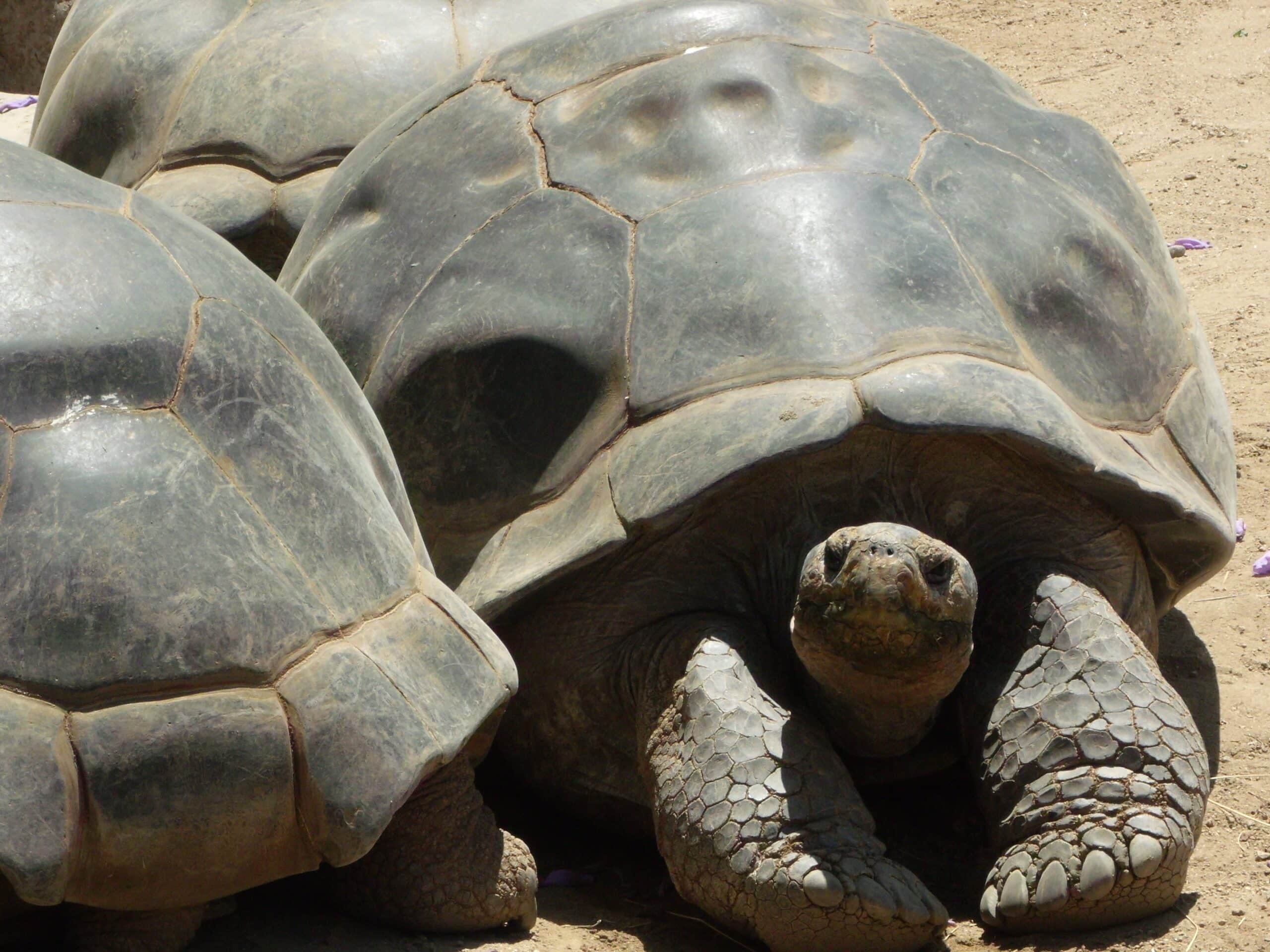
Riverside Campus
11801 Pierce St., Ste. 100
Riverside, CA 92505
Toll-free: (888) 430-4224
Local: (951) 729-5320
Huntington Park Campus
6330 Pacific Blvd.
Suite 201
Huntington Park, CA 90255
Toll-free: (888) 430-4224
Local: (323) 585-9000
Santa Ana Campus
1840 E. 17th Street,
Santa Ana, CA 92705
Phone: 949-429-0180
© Copyright 2025 American College of Healthcare and Technology